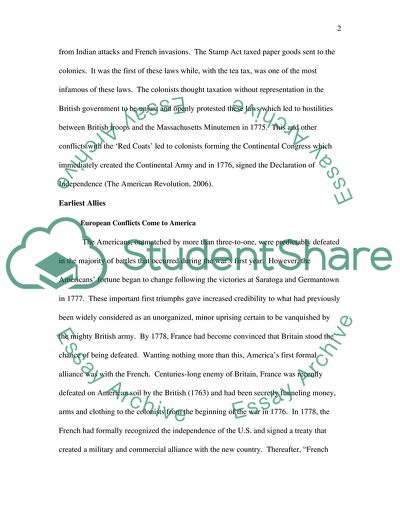Cite this document
(“The American Revolutionary War Research Paper Example | Topics and Well Written Essays - 2000 words”, n.d.)
The American Revolutionary War Research Paper Example | Topics and Well Written Essays - 2000 words. Retrieved from https://studentshare.org/history/1731336-american-revolution
The American Revolutionary War Research Paper Example | Topics and Well Written Essays - 2000 words. Retrieved from https://studentshare.org/history/1731336-american-revolution
(The American Revolutionary War Research Paper Example | Topics and Well Written Essays - 2000 Words)
The American Revolutionary War Research Paper Example | Topics and Well Written Essays - 2000 Words. https://studentshare.org/history/1731336-american-revolution.
The American Revolutionary War Research Paper Example | Topics and Well Written Essays - 2000 Words. https://studentshare.org/history/1731336-american-revolution.
“The American Revolutionary War Research Paper Example | Topics and Well Written Essays - 2000 Words”, n.d. https://studentshare.org/history/1731336-american-revolution.


